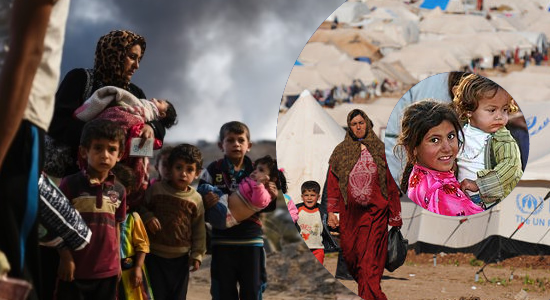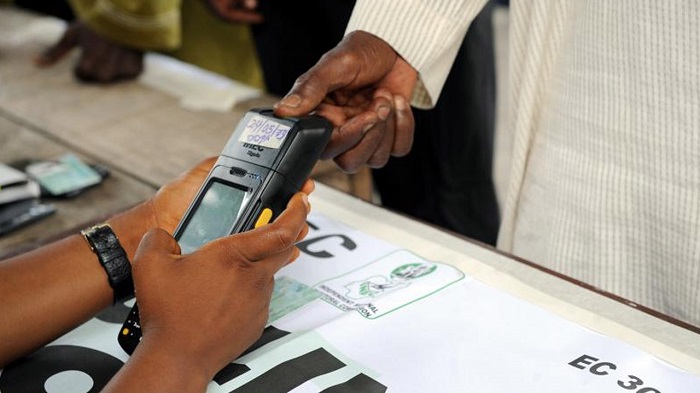In an attempt to shed light on the devastating human toll of this type of conflict The International Committee of the Red Cross (ICRC) has released a special report: 'I saw my city die: voices from the front lines of urban conflict in Iraq, Syria and Yemen'.
In a report released yesterday, the ICRC estimates that fifty million people currently bear the brunt of war in cities around the world, even as world urban areas, city centers and residential areas are being turned into battlefields and frontlines.
The report which includes an immersive micro site examines the effects on civilians caught up in these conflicts through their first-hand accounts. And the findings are disturbing.
The three conflicts in the report - Iraq, Syria and Yemen - account for around half of all conflict-related casualties worldwide between 2010 and 2015. Some 17.5 million people have fled their homes, creating the largest global refugee and migration crisis since World War II. 11.5 million people - more than three people per minute - have fled their homes in Syria alone, since the start of the war.
It is not only lives and homes that are destroyed in these conflicts. The increasing use of explosive weapons that have wide impact areas, decimate the complex systems of services such as electricity, water, sanitation, garbage collection and health-care that civilians rely on to survive, making an eventual return to these cities even harder for those who have fled.
"The majority of people had very little choice and felt it was best to leave," said Marianne Gasser, Head of ICRC's Delegation in Syria. "Their houses were turned to rubble; there was very little food and no water or electricity. Not to mention the violence they had been witnessing for so long; no one could be expected to endure such suffering."
Explosive weapons account for an estimated 92% of deaths or injuries. The report also shows that employing sieges against civilian populations is on the rise.
In 2016, eastern Aleppo was subjected to a siege that lasted 190 days. In the cities of Foua, Kefraya and Madaya 60,000 civilians were trapped. The deliberate obstruction of humanitarian assistance caused immense suffering among the population.
It's a similar story in Taiz, Yemen. Civilians there endured a 15-month long siege. Some 200,000 people were trapped, surrounded by snipers, landmines and suffering under relentless and indiscriminate shelling.
"People were eating from the garbage because they couldn't get food. We saw women boiling tree leaves just to give children some hot soup" said Nancy Hamad, who ran the ICRC's office in Taiz.
These conflicts also have devastating consequences for the psychological well-being of those caught in the midst of them.
Relentless day-and-night fighting and bombardment forces people to live in constant fear, shock and grief which often leads to traumatic stress that makes it near impossible for people to rebuild lives, hold down jobs or break out of cycles of violence, states the report.
"I just want to be alright. It's hard to be 'okay' when you've seen so much," said Sami, a 29-year old who is featured in the report and currently living in Beirut after being forced to flee Aleppo.
The report makes 10 key recommendations to all parties that are either directly or indirectly involved in these conflicts; all of which are intended to limit the impact of urban warfare by reducing suffering and addressing the urgent needs of civilians.
The recommendations urge strict adherence to international humanitarian law which include among others the cessation of sieges as tactics of war, protecting civilians and civilian infrastructure and allowing access to humanitarian aid.
But it is the human stories that resonate most deeply.
"I saw my city die, I saw my people perish. I saw myself break. I don't know if I'll ever be okay, but I want to be" said Sami.
The ICRC states its mission as an impartial, neutral and independent organization whose exclusively humanitarian mission is to protect the lives and dignity of victims of armed conflict and other situations of violence and to provide them with assistance.
ICRC also endeavours to prevent suffering by promoting and strengthening humanitarian law and universal humanitarian principles. Established in 1863, the ICRC is at the origin of the Geneva Conventions and the International Red Cross and Red Crescent Movement. It directs and coordinates the international activities conducted by the Movement in armed conflicts and other situations of violence.


















